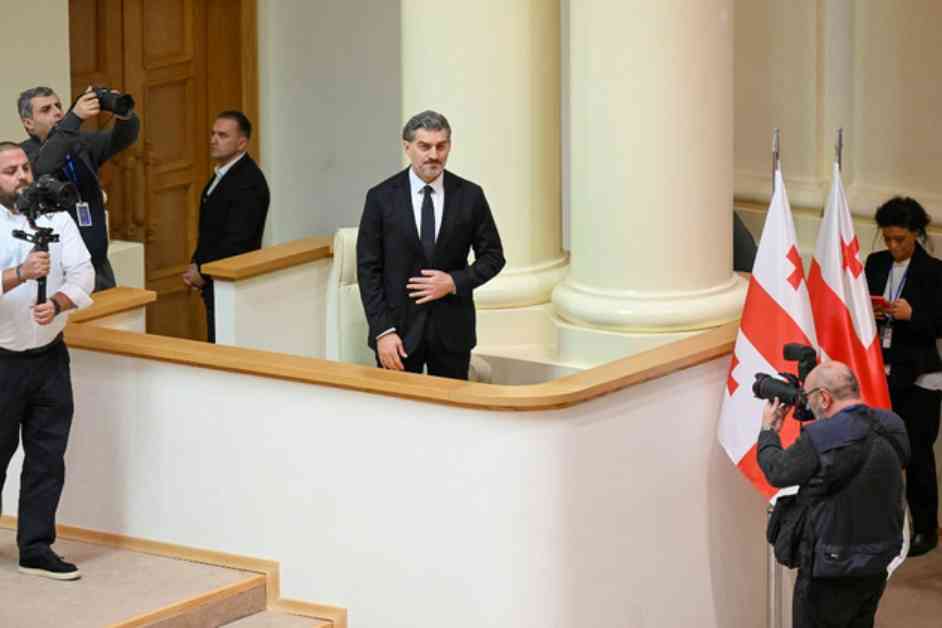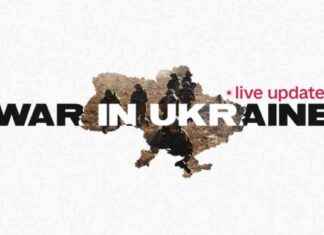Former Man City Striker Turned Georgia’s Controversial President
Georgian ex-footballer turned far-right politician Mikheil Kavelashvili is poised to be inaugurated as Tbilisi’s next president this Sunday, following a contentious election process denounced as “illegitimate” by the current pro-EU leader. Picked by the ruling Georgian Dream party as a loyalist, the former Manchester City forward is known for his fiery parliament speeches and attacks on government critics and LGBTQ individuals.
From Football Star to Political Figure
Sporting a distinctive mustache and combed-back hair, Kavelashvili rose to prominence through his controversial remarks about LGBTQ rights while defending Georgian Dream’s adoption of laws restricting these freedoms. His background as a professional footballer began in the 1980s, with stints in clubs across Georgia, Russia, and Switzerland, before he ultimately joined Manchester City in the mid-90s. Despite a brief stint with the English club, Kavelashvili’s career as a striker was marked by memorable moments, including scoring against Manchester United.
Political Controversy and Opposition
Kavelashvili’s transition from the football pitch to the political arena has been met with criticism and protests from many Georgians. His nomination for the ceremonial presidential role has sparked outrage, with demonstrators taking to the streets in Tbilisi to voice their opposition to Georgian Dream’s direction away from EU integration. The ongoing unrest underscores a deepening divide within Georgian society over the country’s political landscape and future trajectory.
Constitutional Crisis and Legitimacy Concerns
As Kavelashvili prepares to assume the presidency amidst mounting social unrest, questions about his legitimacy and the electoral process linger. Constitutional law experts, including key architects of Georgia’s constitution, have raised concerns about the validity of his election, further complicating the political landscape in Tbilisi. The standoff between outgoing President Salome Zurabishvili and opposition groups adds another layer of complexity to Georgia’s evolving political environment, with calls for fresh parliamentary elections intensifying.
In the midst of these uncertainties and tensions, the fate of Georgia’s leadership hangs in the balance, as Kavelashvili’s controversial ascension to the presidency reflects broader challenges facing the country’s democratic institutions and aspirations for European integration. As Georgians grapple with these developments, the future of their nation remains uncertain, with deep-seated divisions and grievances shaping the course of its political journey.

















